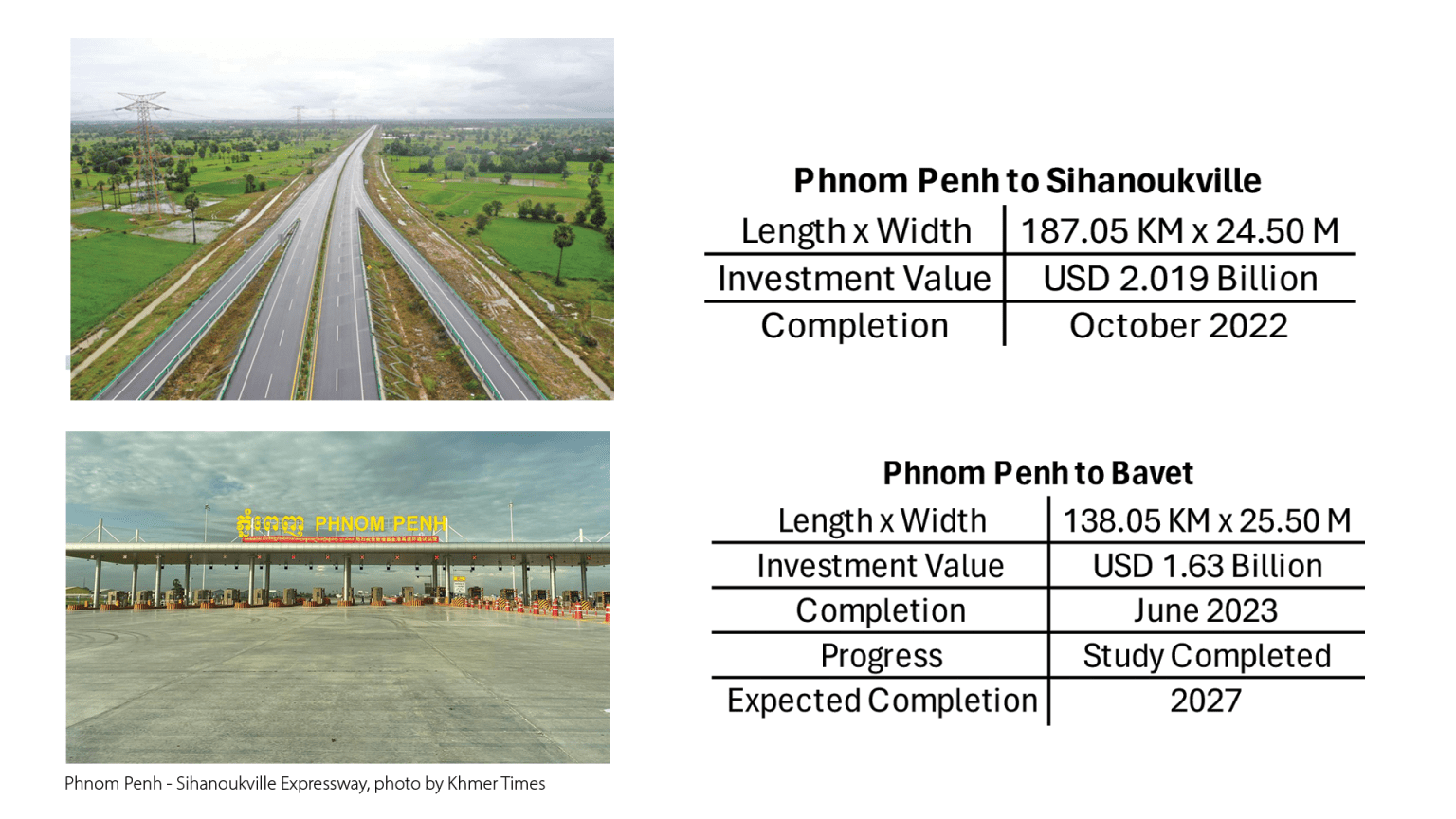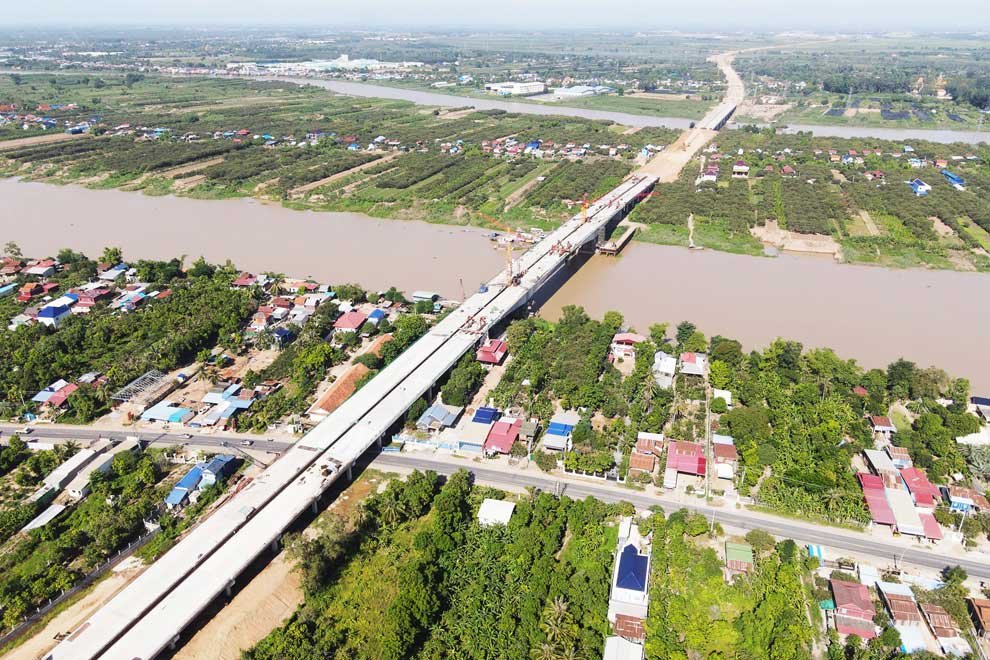Cambodia is experiencing an exciting era of transformation, largely fueled by its ambitious infrastructure development plans. With a vision to modernize and elevate the nation’s transportation and urban landscapes, the government has committed $36.68 billion to an extensive infrastructure project roadmap. This move is not just about enhancing roads and bridges. It’s about building the future of Infrastructure Development in Cambodia. Let’s see how they are revolutionizing the country’s construction industry!
The Role of Infrastructure in Cambodia’s Economy
Infrastructure plays a pivotal role in Cambodia’s economy, contributing 34.8% to the country’s GDP. It’s also a major source of employment, with around 40% of jobs linked to this sector. The impact of these projects is felt across multiple industries, from construction and logistics to tourism and trade. By modernizing transportation networks and upgrading key facilities, Cambodia can improve efficiency and attract more foreign direct investment, further boosting the economy.
Major Projects Driving Cambodia’s Development
One of the most significant infrastructure projects is the Phnom Penh-Sihanoukville Expressway, completed in 2022. This major highway project has transformed transportation between the capital and the coastal city. By cutting travel time, it has facilitated smoother trade routes and increased economic activities. The expressway is a vital link that showcases Cambodia’s potential as a logistics hub in the region.

Another transformative project is the Koh Norea Development Project. Valued at $2.5 billion, this ambitious development will create a 125-hectare satellite city in Phnom Penh. With space to accommodate 50,000 residents and the creation of 10,000 new jobs, Koh Norea is more than just an urban expansion—it’s a symbol of Cambodia’s growth. The project is set to redefine Phnom Penh’s skyline and provide new economic opportunities.
Further enhancing Cambodia’s infrastructure is the Korea-Cambodia Friendship Bridge. Scheduled to start construction in the second half of 2023, this $245 million bridge will significantly improve connectivity across the Mekong and Tonle Sap rivers. The project will support the country’s growing urban and transportation needs.
The Rise of Public-Private Partnerships
To ensure sustainable growth, Cambodia is actively promoting public-private partnerships (PPP). In 2021, the government enacted the PPP Law to provide a framework for attracting private investment into public projects. It aims to promote transparency and efficiency in project management. The move wants to ensure that infrastructure initiatives are executed with long-term sustainability in mind. Through PPPs, Cambodia can tap into external expertise and funding to boost the quality of its infrastructure.
The Future of Infrastructure in Cambodia
The boom of Infrastructure Development in Cambodia is a critical factor in shaping the country’s future. By investing in large-scale projects and focusing on urban and rural connectivity, the government is laying the foundation for economic growth. As a result, it will benefit all sectors of society. These projects are not only about improving roads and bridges but also about improving livelihoods and creating opportunities for the people of Cambodia.
In conclusion, Infrastructure Development in Cambodia is more than just construction. It’s about driving economic growth, improving job opportunities, and positioning the country as a leader in the region. With strategic investments, large-scale projects, and the support of public-private partnerships, Cambodia is on a path to a more connected and prosperous future.
